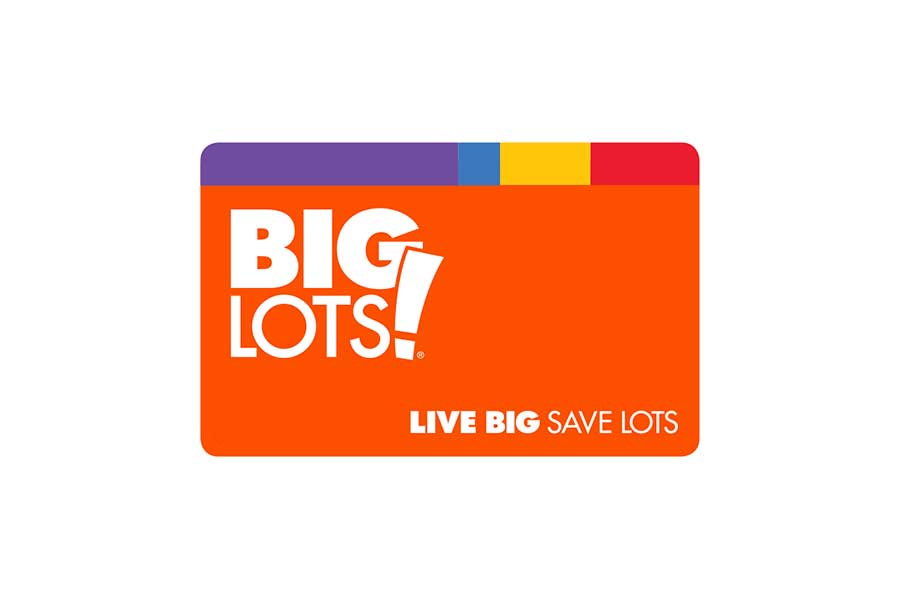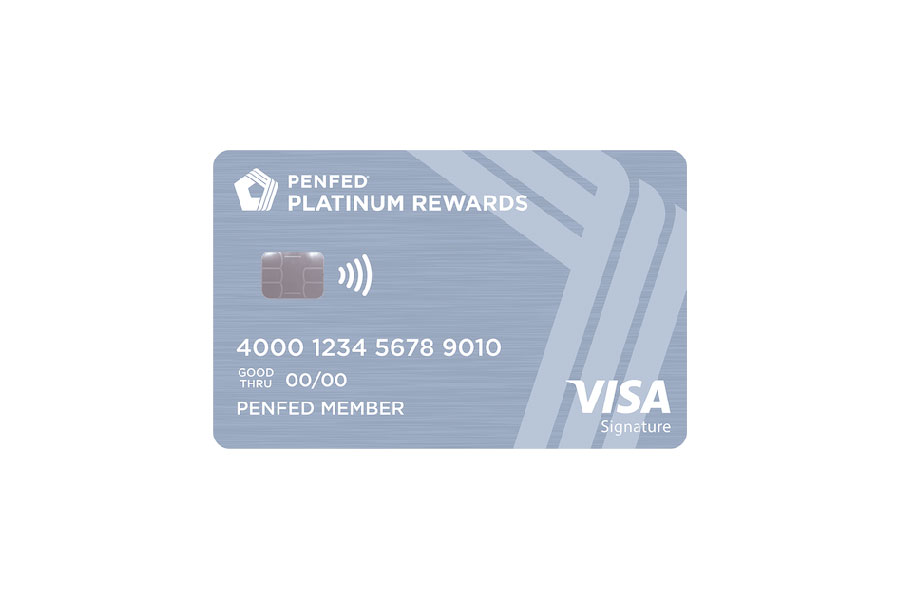A good credit score is essential for securing the best interest rates on loans, obtaining credit cards, and even renting an apartment. Many people assume that paying off debt will automatically lead to a higher credit score. However, there are cases when your credit scores may drop after paying off debt.

In this article, we will discuss the potential reasons for this seemingly counterintuitive outcome and provide insights on how to maintain or improve your credit scores while paying off debt.
Why would my credit score drop after paying off debt?
Credit scores are determined by a combination of factors. Understanding these factors can help you make informed decisions about your credit and debt management. There are several reasons your credit score might drop after paying off debt:
Reason 1: Decreased Average Account Age
The age of your credit accounts is a factor that contributes to your credit scores. Lenders prefer borrowers with a longer credit history because it provides more evidence of responsible credit use. The average age of an account is calculated by adding up the ages of all your credit accounts and dividing by the number of accounts.
How paying off debt can affect it
When you pay off a debt, especially a long-standing one, the age factor may be negatively affected. This is because the paid-off account is no longer factored into the calculation, leading to a lower overall average credit account age. A decrease in the average credit account age can result in a lower credit score.
Strategies to maintain account age
For preserving the average age of your accounts, here are some effective strategies:
- Keep old credit accounts open, even if you have a zero balance. Closing an account can negatively affect your credit score.
- Avoid opening too many new accounts in a short period, as this will lower the average age of your accounts.
- If you must open a new account, choose one that provides long-term benefits rather than a short-term promotional offer.
Reason 2: Fewer Types of Credit
Your credit mix refers to the different types of credit accounts you have, such as credit cards, mortgages, auto loans, and student loans. A diversified credit profile indicates that you can handle various types of debt responsibly.
How paying off debt can impact credit mix
When you pay off a specific type of debt, your credit mix may become less diverse. For example, if you pay off your only installment loan, your credit reports may be limited to revolving credit accounts like credit cards. Having fewer types of credit can result in a lower credit score.
Ways to diversify credit responsibly
Diversifying your credit responsibly involves the following:
- Evaluate the current types of credit you have and identify any gaps. If you only have credit cards, consider adding an installment loan, such as a personal loan or car loan.
- Don’t take on new debt just to strengthen your credit mix. Only borrow what you can afford to repay.
- Maintain a healthy balance between revolving and installment credit.
Reason 3: Increased Credit Utilization
Credit utilization is the ratio of your total outstanding credit card balances to your total credit limits. It’s an essential factor in determining your credit score, as it shows how much of your available credit you’re using. A lower credit utilization ratio (CUR) is generally better for your credit score.
How paying off debt can lead to higher utilization
Paying off large installment loans, such as a mortgage or auto loan, may inadvertently lead to an increased credit utilization ratio. This can happen if you’re using a higher percentage of your remaining credit lines, such as credit cards, after paying off the loan. An increased CUR can result in a lower credit score.
Tips to manage credit utilization effectively
To maintain a healthy credit utilization ratio:
- Pay off your credit card balances in full each month or keep them as low as possible. Aim for a utilization rate below 30%.
- Request a credit limit increase on your existing cards, but avoid using the additional credit to make unnecessary purchases.
- Consider using a balance transfer to move high-interest debt to a card with a lower interest rate, but be cautious of balance transfer fees.
Reason 4: Closing a Credit Account
Closing a credit account, especially one with a long payment history or a large credit limit, can negatively impact your credit score. Not only can it decrease your average age of your accounts, but it can also increase your credit utilization ratio.
Potential benefits and drawbacks of closing an account
While closing an account can negatively affect your credit score, there may be valid reasons to do so, such as high annual fees or high interest rates. Weigh the benefits and drawbacks of keeping an account open before making a decision.
Best practices for managing closed accounts
If you decide to close a credit account:
- Pay off or transfer the balance to another account before closing it.
- Keep other accounts open, particularly those with a longer payment history and lower utilization rates.
- Monitor your credit score and credit report to ensure the account closure is accurately reflected.
Reason 5: Recent Hard Inquiries or New Credit Applications
Hard inquiries occur when a lender checks your credit report in response to a credit application. These inquiries can have a small, temporary negative impact on your credit score.
Timing of inquiries in relation to debt repayment
If you’ve recently paid off debt and applied for new credit around the same time, the hard inquiries could offset the positive effect of debt repayment on your credit score.
Reduce the impact of hard inquiries on your credit score
To minimize the impact of hard inquiries:
- Apply for credit only when necessary, and avoid applying for multiple accounts in a short time frame.
- Consider using pre-qualification tools, which use soft inquiries that do not affect your credit score, to gauge your likelihood of approval before applying.
- Maintain good credit habits, such as paying bills on time and keeping balances low, to offset the impact of hard inquiries.
How to Pay Off Debt to Help Your Credit Score
Paying off debt is a positive financial move, but doing so strategically can help you maximize the benefits to your credit score.
Prioritize high-interest debts
Focusing on high-interest debts, such as credit card debt, can save you money and help your credit score in the long run. Paying off these balances can lower your CUR and reduce the amount of interest you pay over time.
Use a debt repayment strategy (avalanche vs. snowball)
Implementing a structured debt repayment strategy can help you pay off your debts more efficiently. Two popular methods are the debt avalanche and debt snowball strategies.
- Debt avalanche method: Focus on paying off debts with the highest interest rates first while making minimum payments on the rest. This approach can save you money on interest over time.
- Debt snowball method: Focus on paying off debts with the smallest balances first. This method provides quick wins that can boost your motivation to continue paying off debt.
When deciding between these strategies, consider your financial goals and personal motivation. If saving money on interest is your primary goal, the avalanche method may be more suitable. If you need early successes to stay motivated, the snowball method might be a better fit. Some people start with the snowball method to build momentum and then switch to the avalanche method.
See also: Debt Snowball vs. Debt Avalanche: Which is Better?
Balance debt repayment with credit building
As you pay off debt, continue to practice responsible credit habits, such as paying bills on time, maintaining a low credit card balance, and keeping old accounts open. These actions will contribute positively to your credit score.
How can I keep my credit score from dropping?
Maintaining a good credit score requires consistent effort and attention to your financial habits.
Monitor your credit regularly
Regularly review your credit report from each of the three major credit bureaus to identify any errors, discrepancies, or signs of identity theft. Address any issues promptly to maintain your credit score.
Pay bills on time and in full
Late or missed payments can significantly impact your credit score. Ensure you pay all bills on time and in full to demonstrate responsible credit management.
Keep credit accounts open, even after paying off balances
Closing a credit account can lower the average age of your accounts and increase your credit utilization ratio. Consider keeping accounts open, particularly those with a long history and low utilization rates.
Maintain different types of credit
Having different types of credit can positively impact your credit scores. Aim to maintain a healthy balance of revolving credit and installment credit without taking on more debt than you can manage.
Limit hard inquiries on your credit reports
Minimize the number of hard inquiries on your credit reports by only applying for credit when necessary and using pre-qualification tools when available.
Bottom Line
Maintaining a good credit score is essential for achieving financial goals and accessing favorable loan terms. While it may seem counterintuitive, paying off debt can sometimes lead to a drop in your credit score. By understanding the reasons why and implementing the strategies outlined in this guide, you can work to maintain or improve your credit score as you pay off debt and take control of your financial future.



